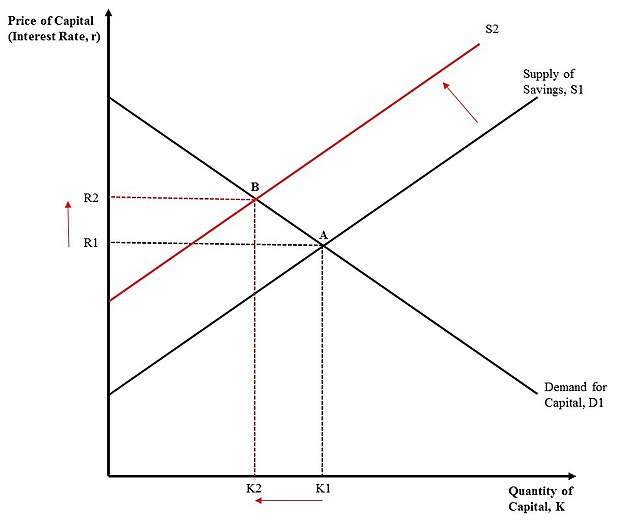Public finance is the study of the role of the government in the economy. It is the branch of economics that assesses the government revenue and government expenditure of the public authorities and the adjustment of one or the other to achieve desirable effects and avoid undesirable ones.
The purview of public finance is considered to be threefold, consisting of governmental effects on:The efficient allocation of available resources;
The distribution of income among citizens; and
The stability of the economy.
Figure 1: General Government (IMF Government Finance Statistics Manual 2001(Washington, 2001) pp.13
Government spending or expenditure includes all government consumption, investment, and transfer payments. In national income accounting, the acquisition by governments of goods and services for current use, to directly satisfy the individual or collective needs of the community, is classed as government final consumption expenditure. Government acquisition of goods and services intended to create future benefits, such as infrastructure investment or research spending, is classed as government investment. These two types of government spending, on final consumption and on gross capital formation, together constitute one of the major components of gross domestic product.
Dalton's Principle of Maximum Social Advantage. Graph showing point of Maximum Social Advantage at point "P"
The Market for Capital (the Loanable Funds Market) and the Crowding Out Effect. An increase in government deficit spending "crowds out" private investment by increasing interest rates and lowering the quantity of capital available to the private sector [sic].



